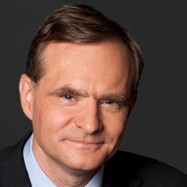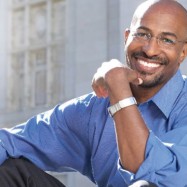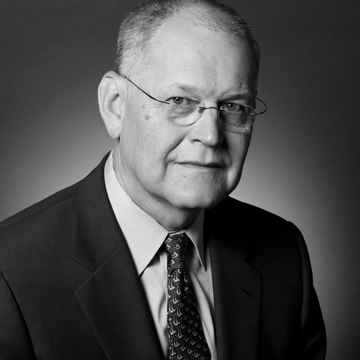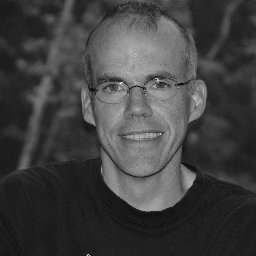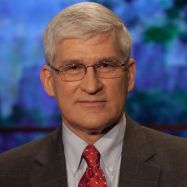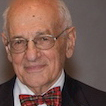
Photo Credit: Dale Robbins
President Obama’s victory, as well as the victory of Democratic candidates in key Senate races, foretells sharper — not softer — lines in the next Congress. But this time, the trend may actually be driven by the election of reform-minded progressives rather than of more and more conservative Republicans.
Over the last generation, a leading storyline of American politics has been “asymmetric polarization” — with Democrats moving modestly left while Republicans gallop right. No one doubts that if Romney had won, however slim his margins, House Republicans would have aggressively pushed through additional tax cuts for the well-off and draconian spending cuts.
In the next Congress, however, conservative House Republicans will have a weaker hand. They face a president freed from the need to seek reelection and a Senate majority less, not more, willing to accede to the GOP’s demand of tax cuts for the rich and spending cuts for the rest. And pure gridlock would produce an outcome — full expiration of the Bush tax cuts — that Tea Party Republicans would hate. Whatever the deal reached, it will be more favorable to the middle class than the one that looked likely back in 2011.
Still, a budget compromise that will still involve lots of spending cuts will not resolve the deeper problems in our economy, including the hyper-concentration of income and wealth at the top, or the deeper problems in a political system still tilted heavily towards the main beneficiaries of that hyper-concentration. This will require a long-term program of political and economic reform, one that overcomes not just House GOP resistance, but also the blocking power of the Senate filibuster.
That’s another reason to welcome the election of Senators, like Connecticut Democrat Chris Murphy and Maine Independent Angus King, who’ve embraced the cause of reforming Senate procedures. A little more symmetry in polarization may be just what’s needed to start the long and difficult process of reform.
Jacob S. Hacker has devoted his career to researching and evaluating economic inequality, healthcare and social policy. Paul Pierson is an expert in American politics and public policy, comparative political economy and social theory. Winner-Take-All Politics: How Washington Made the Rich Richer and Turned Its Back on the Middle Class, written with Paul Pierson, professor of political science at the University of California at Berkeley. In the inaugural episode of Moyers & Company, Hacker and Pierson discussed their book with Bill.


